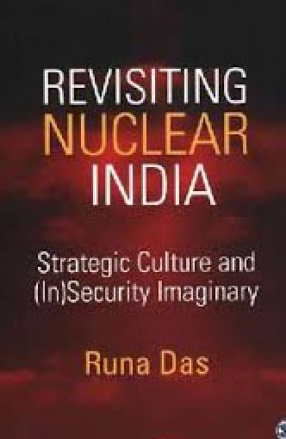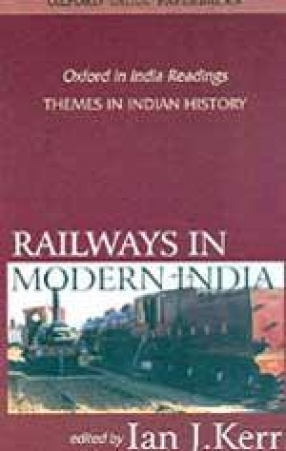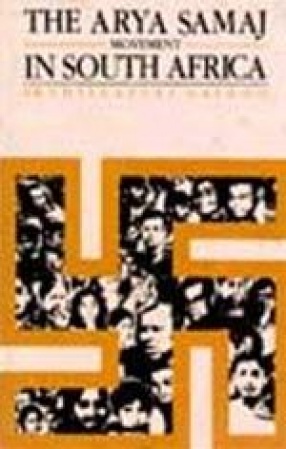Interrogating the socially constructed nature of a nation’s strategic culture to explain its nuclear security policies is not a common practice in the mainstream scholarships of strategic culture studies and International Relations. Revisiting Nuclear India is an effort to reorient strategic culture and international security studies in this direction. It uses India’s nuclear policy and security issue as a case study to lay threadbare how these are affected by multiple factors of political, economic, technological, domestic, bureaucratic, institutional, historical, and cultural significance. The work tries to connect and locate what constitutes India’s strategic culture, its nationalist identity, insecurities, and nuclear policy parameters.
This book renders a novel line of theoretical and analytical approach to study a discursive link between the reconstructions of India’s strategic cultures, insecurities, and, India’s nuclear policy choices from 1947 to the present.
Contents: 1. Discourse in International Relations: Situating India. 2. Nation-making in Colonial India. 3. Political Idealism and Atomic Science: 1947–1964. 4. Defense Preparedness and Nuclear Aggressiveness: 1964–1991. 5. At the Nuclear Edge: 1991–1998. 6. Crossing the Nuclear Threshold and the Neoliberal Turn: 1998–2004. 7. Neoliberal Strategic Security/Defense Collaborations: Post-2004. Conclusion. Bibliography. Index.





There are no reviews yet.